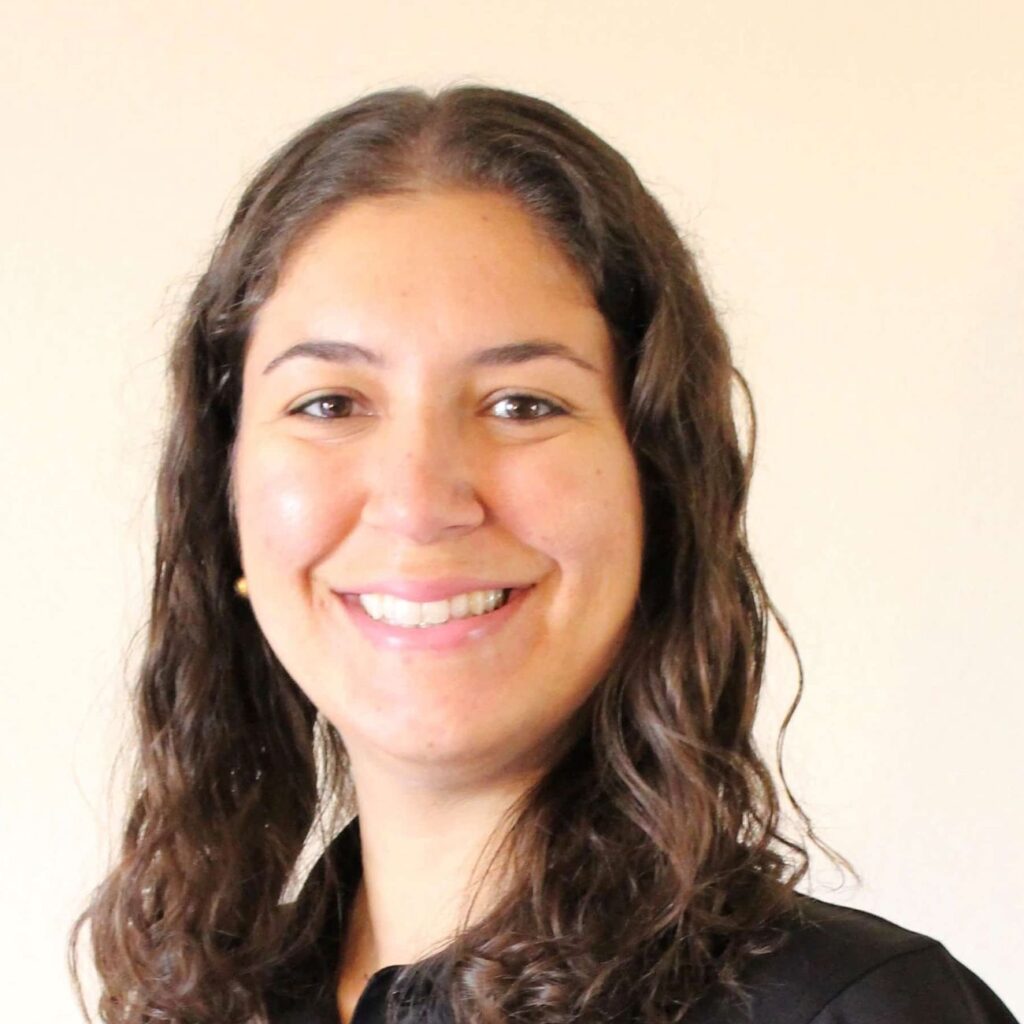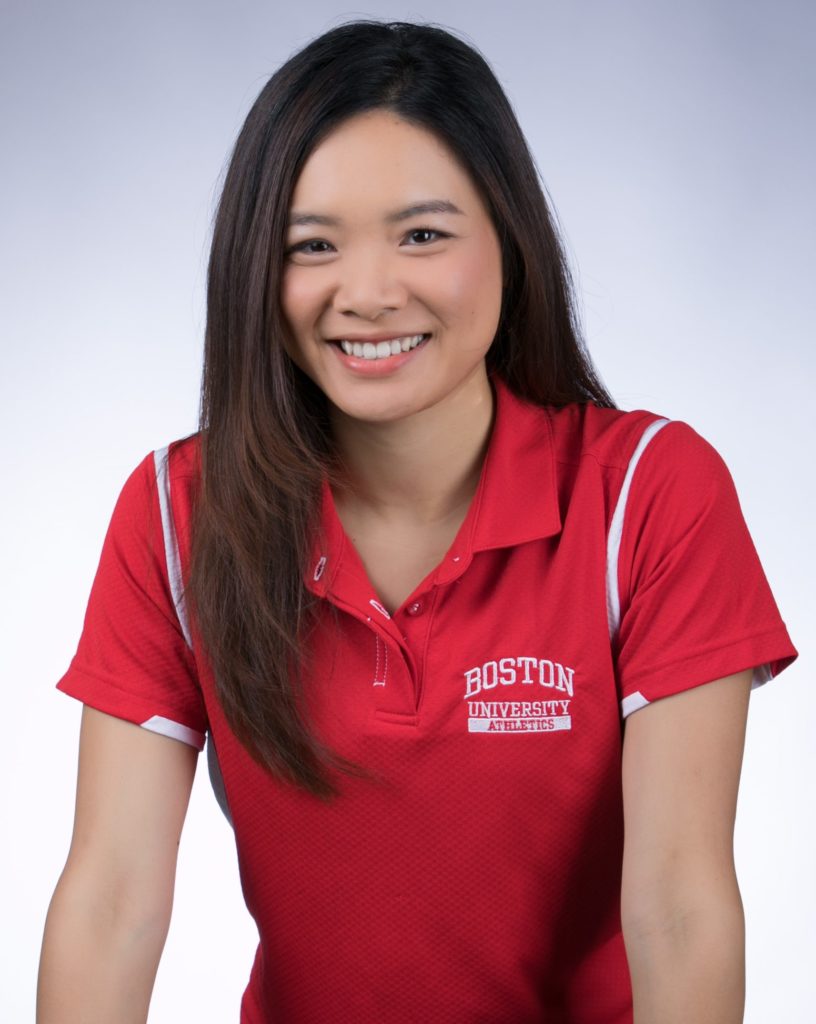Mentoring Tips: Strategies on How to Return to your Home Country and Do Applied SEP Work
Jana Fogaca asked Shameema Yousuf and Karen Lo to share tips with international students who would like to return to their home country after graduation. Shameema and Karen are CMPCs who completed their master’s degrees in the United States and returned to their countries after graduation. Check out their sage advice!
December, 2022



- Learn about the sport organization landscape in your home country – the governing bodies, leagues, and school systems. This requires learning about the model of sport development in your home nation.
- Be ready for a cultural shift back in your home country! This shift may vary in size depending on general cultural differences between your home nation and the country where you studied. Consider culture in terms of national cultures and sport culture, and learn about historical socio-political aspects that have shaped these cultures and the athletes’ experiences. You will also have to go back to the basics and make sure you are listening openly to your clients to adapt your practice to this new context.
- Business strategies such as being very specialized in one niche (e.g., one sport or youth sports) may not work in smaller countries or in countries where sport psychology is still gaining traction. To prepare, it is important to learn to love the challenge of doing everything – teaching, consulting, working with teams across multiple sports, even performing arts and corporate professionals.
- Find your support system – peers, mentors, family, and friends. This profession can be mentally exhausting and it’s important to have support from people who understand your struggles. In addition, try to connect with professional associations or identify individuals within those associations who are willing to be mentors or provide advice on how to navigate the system upon your return. This may still be a challenge for those of minoritized backgrounds, but eventually you will identify a couple mentors/peers who will want to collaborate and support.
- Build networks for work:
- Draw on your established social and any previous work networks. It is surprising who they might know and what their needs are, when they learn that you have a sport psychology background.
- Consider joining a sports club or community center – it may open opportunities to work with youth athletes.
- Have conversations with coaches and parents – you are not selling a product. Often, they will share their concerns, frustrations or challenges. This allows one to explore what they would like without trying to sell them a fix.
- The traditional approach of pick up the phone and connect with someone (a coach, performance director) may also work. The key again, is not to sell anything. Learn about their world, centering them as the expert and ask if you could meet with them to learn more about their environment.
- Reach out to schools who have sport programs to learn about their participation and performance goals. Lead with curiosity.
- Start sharing some of your own content on various social media platforms/ websites/news publications.